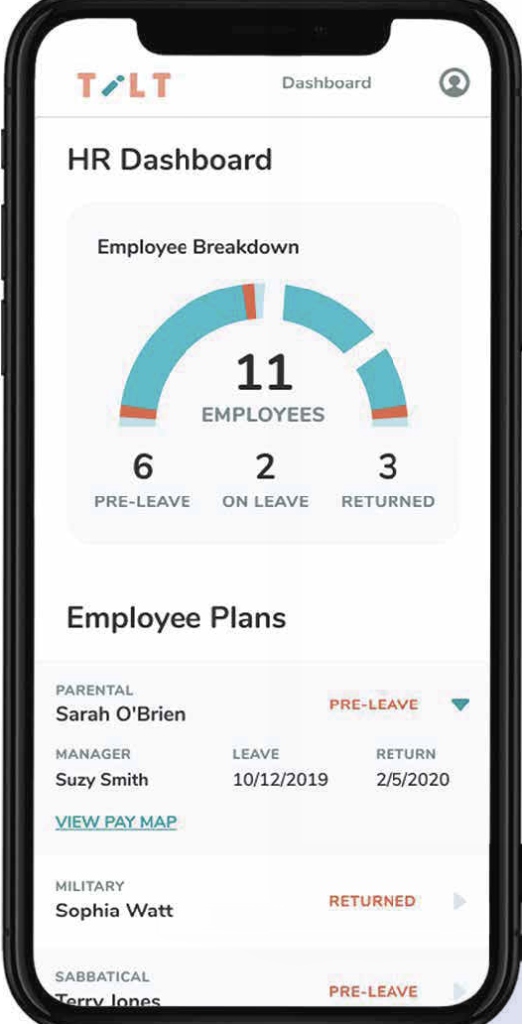I’ve had my mind changed about a lot of things over the past decade of writing. I look back at posts I wrote 5 years ago, and think, “Wow, that was a stupid way of thinking!” I’ve also consistently written about things that I can’t prove, but I know to be true with every ounce of my being.
So, every time I find data that confirms my bias, I like to share it! It makes me think I’m still correct in my viewpoints!
The more attractive you are, the more opportunity you’ll get in your job choice and career!
Think it isn’t true? Here’s the latest study from 2021, from three PhDs in Economics from Cal and the London School of Economics, “Do Looks Matter for an Academic Career in Economics?” Want the short answer? Yes! Of course, don’t be stupid!
“Using unique data on Ph.D. graduates from top economics departments in the United States we test whether more attractive individuals are more likely to succeed. We find robust evidence that appearance matters for job outcomes. Attractive individuals are more likely to study at higher-ranked Ph.D. institutions, are more likely to find themselves in private sector jobs than in government jobs or in academia. Within academia, attractive Ph.D. graduates are more likely to be placed at higher ranking institutions. More surprisingly, appearance also predicts research productivity on the job.”
- The more attractive you are, the better schools you’ll get into.
- The more attractive you are, the better jobs you’ll get.
- The more attractive you are, the better you’ll actually perform!
Now, come on. I get pretty people will get into better schools and get better jobs, but why in the hell do pretty people actually perform better!?! This has to be a flawed study, right!
“Pretty Privilege” is alive and well, at least in the United States, where this study took place. Maybe in other countries, like Canada, ugly people still have a chance. But, I’m doubting it. (Also, shout-out to Maria Alvarez for the “Pretty Privilege” title!)
Can people really have “Pretty Privilege”? (FYI – the title of my upcoming autobiography is, “Of Course I Have Pretty Privilege, Just Look at Me!”)
So, I’ve laid out my theory of this before, but how soon people forget. So, here it is again:
Step 1: Pretty person gets a great job. Is Successful.
Step 2: Success and Good Lucks, get you a great choice of Mates.
Step 3: Pretty, Successful people get married and procreate.
Step 4: Pretty kids get into the best schools.
Step 5: The cycle repeats.
So, yes, of course, there is pretty privilege. So much so, we pretty people actually talk about it behind the Uggs backs! There are only two privileges stronger than Pretty, being white and being rich! If you have the trifecta-privilege, well, you’re basically unstoppable.
Now, some will want to argue. “Tim, attractiveness is in the eyes of the beholder!” This is usually said by a person who is a six, or lower, on a scale of 1 (troll) to 10 (goddess). To which I could lay out countless studies on attractiveness and call bullshit, but hey, you’re not very attractive, thus, not really my competition, so believe whatever you want, I’m 2/3 of the way to the trifecta!
So, if you have never read my stuff and this is the first time, and you’re ugly, right about now, you’re pissed! So, let me say, the paragraph before is half-joking, I’m 3 for 3, baby! 😉
What can you do if you’re not Pretty?
First, if you’re asking yourself this question, I’m sorry, you should have more confidence, high confidence is super pretty! But, I get it. We all can’t be the belle of the ball.
If you don’t have Pretty Privilege, you need to do some other stuff extraordinary well. Be way smarter. Grind and Hustle way harder. Network way better. You must outwork the Pretty People. Invest a lot in your outward appearance. You might not be super attractive, but you can definitely be prettier than a lot of other folks! Be the tallest of the Seven Dwarfs, is all I’m saying.
Let’s break it down.
You and the people at your company responsible for hiring aren’t always hiring the best candidate. Mostly, they hire the candidate who can do the job, which also happens to be the best looking of the candidates they interviewed. All things being equal, hire pretty, is the strategy. I’m not saying it’s the best strategy, I’m just saying it’s the strategy most organizations follow, but would never admit to.
We see this in organizations all the time. You walk into an organization and you start to go, wait, I think there’s a problem, everyone here is way too good looking! Almost always, those organizations are super successful as well. Back in the day, the c-suite would call this “image”. We are upholding an “image” of the firm. What they were really saying was, you need to be prettier to hang with us!
So, keep ignoring Pretty Privilege if you want. It’s alive and well and most likely determining your next hire.


